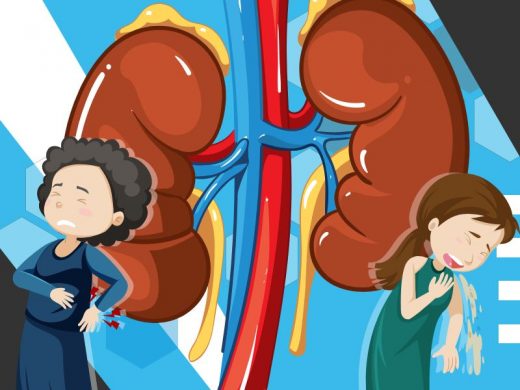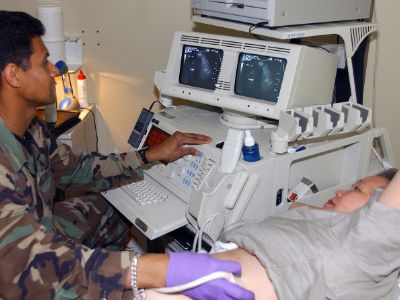
When bacteria get into your kidneys, it can cause an infection. Most kidney infection are caused by bacteria from another part of the urinary tract, including the bladder, ureters, or urethra. Kidney infections can affect one kidney at a time or both of your kidneys at the same time.
It is very important to treat kidney infection as soon as possible. If not treated immediately, a kidney infection can cause permanent kidney damage or spread to other parts of the body and cause even worse complications.
Symptoms of Kidney Infection

- Nausea
- Diarrhea
- Uncontrollable shivering
- Back pain
- Vomiting
- Back pain and pain in the groin
- Pain when passing urine
- Pain in the side
Bladder infection along with Kidney infection includes:
- Bloody urine
- Cloudy urine
- pain or difficulty while urinating
- Foul-smelling urine
- Frequent urination
- Inability to urinate or empty bladder
- Pain in the lower abdomen
What are the Causes and Risk Factors of Kidney Infection?
- Toilet hygiene. Using toilet paper to clean the anus may be in contact with the genitals, resulting in an infection getting through and working its way up to the kidneys. Bacteria occupy the colon and eventually cause a kidney infection.
- Female physiology. Women are more vulnerable to bladder infections and kidney infections than men. It is due to the length of the urethra, making it easier for infections to reach parts of the urinary tract.
- Urinary catheter. A urinary catheter increases the risk of developing a urinary tract infection (UTI) and kidney infections.
- Kidney stones. Kidney stones can increase your risk of developing kidney infections. Kidney stones are the result of a buildup of dissolved minerals on the inner lining of the kidneys.
- Enlarged prostate. Males with an enlarged prostate have a higher risk of developing kidney infections.
- Sexually active females. It occurs after unhealthy sexual intercourse. It irritates the urethra there may be a higher risk of bacteria getting inside the urinary tract and eventually reaching the kidneys.
- Weakened immune systems. People with weakened immune systems may have a bacterial or fungal infection on their skin. It eventually gets into the bloodstream and attacks the kidneys.
How to Diagnose Kidney Infection?

After assessing the symptoms, your doctor will recommend urinalysis or urine culture to determine the type of bacteria that causes the infection. For chronic or persistent infection, your doctor may perform:
- Ultrasound
- Cystoscopy
- CT scan
Treatment for Kidney Infection
The typical treatment for kidney infections is antibiotics. Ensure to finish the treatment period to avoid worsening the condition. The doctor may also prescribe an analgesic if there is any pain.









